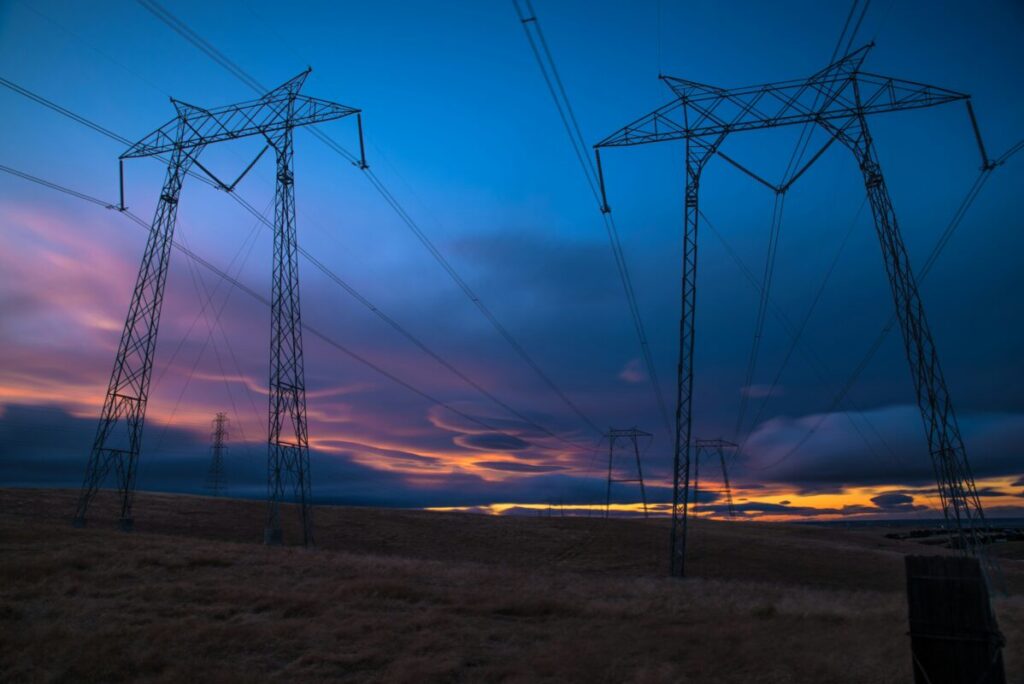New data from Cornwall Insight has revealed that the current grid connection queue for battery energy storage system (BESS) projects is more than twice what is required to meet the UK’s needs by 2030.
The UK government’s Clean Power 2030 (CP30) plan lays out the target capacity ranges for specific technologies by 2030 and 2035, with the required BESS capacity for 2030 established as 27GW across both transmission and distribution and the 2035 target adding a 2GW uplift to distribution level BESS capacity. However, Cornwall Insight’s analysis notes that the current grid connections queue for BESS projects seeking connection before 2030 is 61GW, well over twice the target capacity range, while the queue to 2035 currently sits at 129GW, over quadruple the 2035 target capacity.
As such, viable projects now risk being trapped in the queue behind unviable and speculative projects, something the National Energy System Operator (NESO) has proposed reforms to prevent, which the UK energy regulator Ofgem recently approved.
While Cornwall Insight notes that this could have a positive impact on network planning efficiency and investor confidence, it and industry stakeholders have raised concerns that the proposed reforms may not do enough to clear the already existing backlog. Furthermore, concerns have been raised that the “alignment” requirement of NESO reforms, which dictate maximum capacity limits for individual renewable technologies based on location, may end up further limiting the expansion of BESS projects.
While a small number of BESS projects are excluded from the alignment capacity limit, including 14GW of proposed projects which have a Capacity Market contract, those which are contracted to connect by the end of 2026 (4.5GW), and those which have already significantly progressed having obtained planning consents or are under construction (21.5GW), Cornwall Insight further notes that these exemptions include far fewer projects than it may initially appear, as many projects fall into one category on this list.
James Lomax, analyst at Cornwall Insight said: “Several challenges threaten 2030 clean power goals, with the connection queue being a major hurdle. Ofgem’s minded-to decision on approving NESO’s connection reform plan gives clarity on the process that will be used to determine which projects move forward and which do not. However, given the rapid expansion of battery energy storage over and above forecast connections capacity, it could well be that more than 100GW of BESS that wants to connect to the network will not get the option to. If an asset can’t connect to the grid, it simply can’t contribute.”
Giles Hanglin, chief executive officer at BESS developer Apatura, added: “The UK simply can’t afford to delay planned battery storage projects in the connection queue. While the queue is oversubscribed, the key differentiator must be project readiness — priority should be given to those with exclusive land rights, advanced planning status, and consent.
“Battery storage is critical to rewiring and upgrading the UK’s energy system to harness its vast renewable resources, support CP30’s ambition of a fully decarbonised power system and achieve greater energy independence and security. Without investment in energy storage, the UK risks falling behind in the race to decarbonise and compete in emerging industries and technologies—including AI.”






